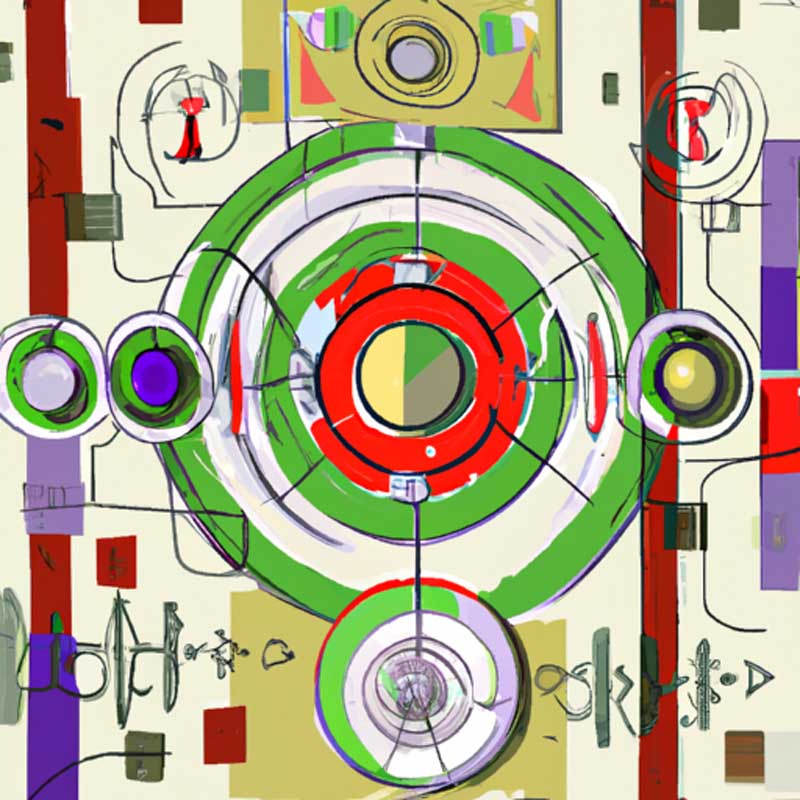Artificial Intelligence models such as ChatGPT, powered by OpenAI, are capable of creating art forms that traditionally require human creativity, such as dramas, essays, lyrics, jokes, and more. This emergence of AI creativity has prompted a reevaluation of copyright laws and intellectual property rights, as these AIs ingest vast quantities of data, including copyrighted materials, to train their systems.
- AIs like ChatGPT use enormous data from the public internet, which often includes copyrighted material, sparking debates over whether the use of this material infringes on creators’ intellectual property rights.
- Creators of artistic and intellectual works have expressed concerns about the absence of their permission in the usage of their works for training these AIs, which may end up competing with the same humans whose works they were trained on.
- On the other side of the argument, AI companies justify their actions under the “fair use” provision that allows for the reproduction of a creative work if said reproduction is transformative or adds something new.
There is a nuanced legal space surrounding AI usage of copyrighted works. Creators may readily challenge AI outputs that straightforwardly imitate or duplicate their creative portfolios. However, it may be harder to bring cases against AI systems trained on their work that does not directly imitate it.
The U.S. Copyright Office is currently reviewing the scenario, and companies independently are developing protections for creators. For instance, the AI image generator DALL-E 3 refuses prompts to mimic the style of a living artist by name, and artists can request the exclusion of their work from training datasets for future models.
In the spirit of advancing the science and arts, copyright rethinking could allow for human creators to be compensated when AI systems consume, process, and generate new material based on their work. This move, while creating room for the expansive growth of the AI industry, could ensure that human creativity continues to thrive alongside AI advancements.
